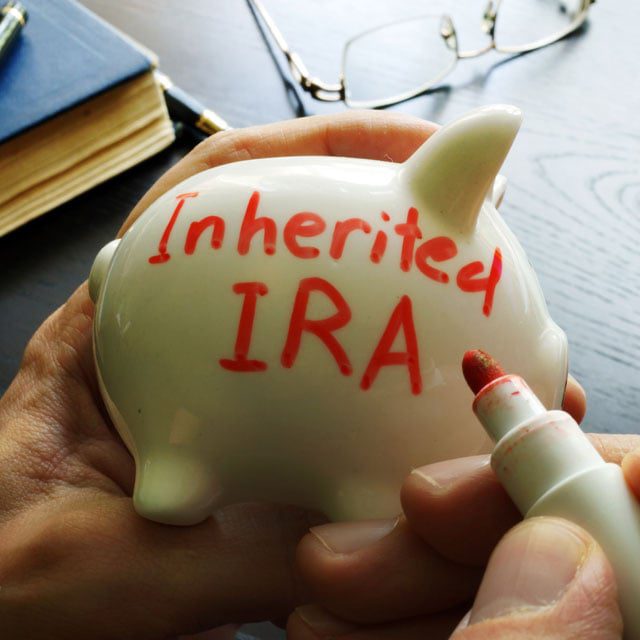IRA Lawsuit Shows Why Advisors Must Watch for Elder Financial Abuse

What You Need to Know
A woman alleges her uncle abused her late grandmother and coerced her to change beneficiary amounts.
Advisors with aging clients should put safeguards in place early on and should treat beneficiary changes with caution.
Hiring professionals to hold power of attorney or execute a will can help families avoid conflicts of interest.
A court fight over a recently deceased grandmother’s $5 million IRA illustrates the need for advisors to be aware of potential financial manipulation and other elder abuse.
In a new lawsuit in Florida, an Idaho woman alleges that her uncle mentally and verbally abused her grandmother when he was supposed to be caring for her and coerced her into changing the beneficiary designations on her Charles Schwab IRA in his favor.
The grandmother, who for many years acted as legal guardian for the plaintiff’s granddaughter and her brother, had designated the pair as her primary IRA beneficiaries, at 47% each, according to the lawsuit.
She had designated her son (the plaintiff’s uncle) as a 3% beneficiary, and earmarked 1% each for his three children, the complaint says, contending it had been the grandmother’s long-standing intention that the account would pass according to that division.
When she died in December, the grandmother, who had been living in Florida, had long been suffering “from the infirmities of aging, making her susceptible to manipulation and undue influence,” the lawsuit says.
While the son was supposed to have been her full-time caregiver, he instead abused his mother, the lawsuit alleges. The two grandchildren she had raised discovered the alleged abuse when they stepped in shortly before she died, the suit says.
Once in the grandchildren’s care, the grandmother reported that she “became a prisoner in her own home” under her son’s oversight. She reported that her son took her cell phone to keep her from contacting anyone, mismanaged her medications to the point she required hospitalization, and that she was starved and left alone, the suit says.
The grandmother reported “the gaslighting, screaming, criticizing, shaming, humiliation and control exerted” by her son drove her to a suicide attempt, which led to her being hospitalized, the lawsuit alleges. While in the hospital, she was able to contact the two grandchildren she had raised, who stepped in to help her, the complaint says.
The suit alleges that the son used undue influence, coercion and duress to make her change her beneficiary designation, increasing the son’s amount to 30% from 3%, and lowering the granddaughter and grandson’s shares from 47% each to 29% and 30% respectively.
In addition to seeking damages against the uncle, the complaint notes that Schwab has been placed on notice that there was a pending dispute over entitlement to the funds, and asks the court to require the company to place the funds under court control.
While the lawsuit didn’t indicate any involvement by a financial advisor, there may be lessons for advisors with vulnerable clients.
A Common Problem
“While it may be straightforward to apprehend someone stealing cash from a nursing home resident’s nightstand, instances where a family member coerces a senior into changing their will on their deathbed pose significant challenges for detection,” John Henry, Story Makers Investment Advisors president and CEO, told ThinkAdvisor by email.
“Seniors who are mentally incapacitated or otherwise vulnerable may not recognize that they are being abused,” and if family members are perpetrating the abuse, “seniors may be hesitant to report it, even if they recognize it,” Henry said.
“In cases where seniors experience abuse towards the end of their lives, they may become unavailable as trial witnesses,” he added.
Financial advisors play a crucial role in preventing these types of crimes, Henry said.
Seniors consulting with financial advisors during early stages of retirement planning can better protect their assets and wishes with an effective safeguard, such as establishing the right type of financial power of attorney, a legal directive that limits or eliminates decision-making by anyone other than the senior or a trusted representative, he said.




